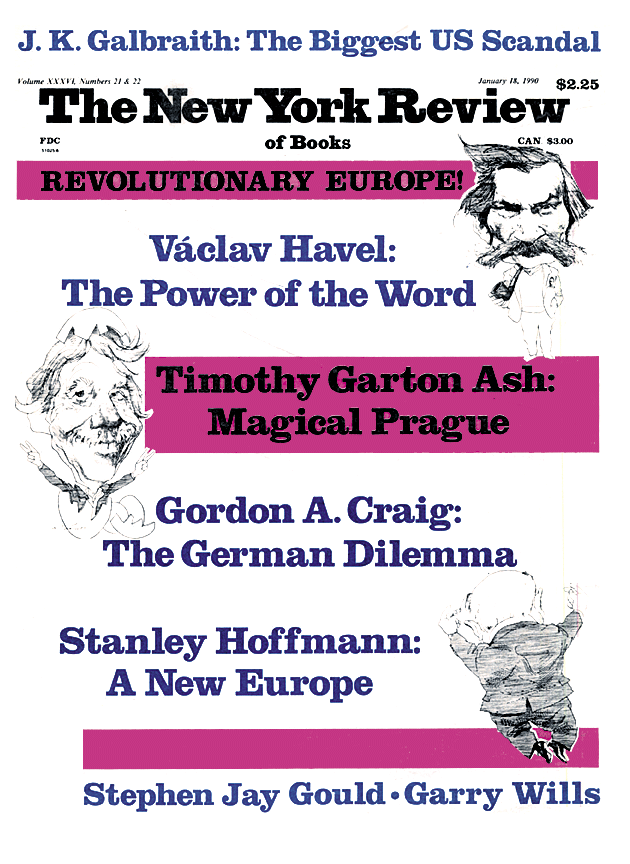In response to:
After the Massacres from the October 12, 1989 issue
To the Editors:
I share of course Simon Leys’s outrage over the brutal suppression of the Chinese students by the Communist government. But I wonder how, in the light of recent events in Eastern Europe, he can defend the following passage in his article [NYR, October 12]:
The tactical flexibility of communism is considerable, but it is also entirely subordinated to a strategic imperative that is essential and immutable: in any circumstance and at any cost, political power must be retained in its totality. This rule is absolute, it tolerates no exception…. [emphasis added]
This sort of analysis is familiar enough, and I suppose that if anyone troubled to look through my own political journalism, they could find similar remarks. But now I wonder. Is what has recently been happening in Poland and Hungary an instance of retaining power “in its totality,” and “in any circumstance”? As an “absolute” rule? We need have no illusions that the Communist leaders, or at least most of them, in Poland and Hungary have become democrats; but is there not evidence of deep fissures in their ranks, with groups and factions in both the Polish and Hungarian parties moving away from the beliefs which Simon Leys ascribes to them? And in Soviet Russia too? Might we not suspect that the kind of analysis Simon Leys provides, while fundamental to the last few decades, is becoming too rigid for the complex and astonishing changes we are seeing in the Communist world?
I remain as much an opponent of one-party dictatorships, left or right, as ever; but I also think that serious people have to keep their eyes open.
Irving Howe
Simon Leys replies:
Irving Howe makes an important point. I sincerely hope that my “rigidity” will prove to be mistaken.
Current developments in Poland and Hungary are exhilarating indeed (even though fraught with immense dangers); yet it should also be noted that, in the Communist empire, Poland and Hungary are colonies struggling for independence; as such, their case presents only marginal relevance for our discussion.
The real issue is whether the Chinese and the Soviet regimes can actually reform themselves to a significant degree. Regarding China, the exact limits of change were quite clearly marked in blood on Tiananmen Square on June 4. Regarding the USSR, it is disquieting to observe that Mr. Gorbachev’s most faithful and enthusiastic supporters are to be found in the West—not in the Soviet Union.
I certainly wish that communism may change; so far, unfortunately, the main evidence seems to indicate that it can only crush—or crash.
This Issue
January 18, 1990


